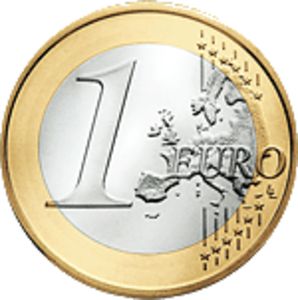A Greek exit from the eurozone would be the worst of all options for everybody involved, the head of the European bailout fund said in a televised interview aired Sunday, signaling willingness to compromise over some conditions that have been linked to the country΄s existing bailouts.
The comments come a day before a crucial meeting of eurozone finance ministers in Brussels, where officials will aim to lay the foundation of a financing deal for struggling Greece, whose existing bailout expires at the end of February.
An exit from the eurozone would be “the most expensive solution both for Greece and for the euro area,” said Klaus Regling, the head of the European Stability Mechanism, in a transcript of an interview with German broadcaster Phoenix. “That΄s why we try to prevent precisely this.”
Greece΄s new leftist government wants to end the austerity course and reduce the country΄s debt burden, and is refusing to complete the existing bailout program. Instead of extending its current program, Athens wants a bridge arrangement to keep it afloat until September while it negotiates less onerous terms for long-term assistance.
“That a newly elected government has different priorities than the previous government is understandable and nothing new,” said Mr. Regling. “We have for instance seen this too when the government in Ireland changed in the middle of the [bailout] program. It was also possible there to change individual measures but the main direction was kept in place.”
He stressed that countries must embrace reforms to help generate more economic growth in the medium term.
“The European Central Bank΄s monetary measures can of course be supportive and have an effect,” he said. “With its recent decisions, the ECB has done the maximum to buy time. Now it΄s up to the governments.”
The ECB recently announced a program to purchase EUR60 billion ($68.35 billion) a month in assets including government bonds. The move, known as quantitative easing, is aimed at lifting the inflation rate, which has recently been far below the central bank΄s medium-term target of just below 2%.





